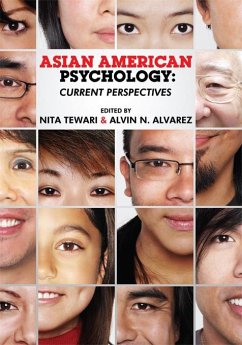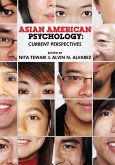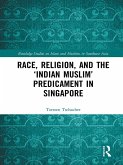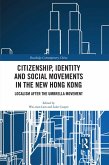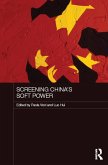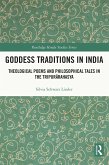This is the first textbook written to welcome those who are new to Asian American psychology. Concepts and theories come to life by relating the material to everyday experiences and by including activities, discussion questions, exercises, clinical case studies, and internet resources. Contributions from the leading experts and emerging scholars and practitioners in the field - the majority of whom have also taught Asian American psychology - feature current perspectives and key findings from the psychological literature. The book opens with the cornerstones of Asian American psychology, including Asian American history and research methods. Part 2 addresses how Asian Americans balance multiple worlds with topics such as racial identity, acculturation, and religion. Part 3 explores the psychological experiences of Asian Americans through the lens of gender and sexual orientation and their influence on relationships. Part 4 discusses the emerging experiences of Asian Americans, including adoptees, parachute kids, and multiracial Asian Americans. Part 5 focuses on social and life issues facing Asian Americans such as racism, academic and career development. The text concludes with an examination of the physical and psychological well-being of Asian Americans and avenues for coping and healing. This ground-breaking volume is intended as an undergraduate/beginning graduate level introductory textbook on Asian American psychology taught in departments of psychology, Asian American and/or ethnic studies, counseling, sociology, and other social sciences. In addition, the clinical cases will also appeal to clinicians and other mental health workers committed to learning about Asian Americans.
Dieser Download kann aus rechtlichen Gründen nur mit Rechnungsadresse in A, B, BG, CY, CZ, D, DK, EW, E, FIN, F, GR, HR, H, IRL, I, LT, L, LR, M, NL, PL, P, R, S, SLO, SK ausgeliefert werden.

